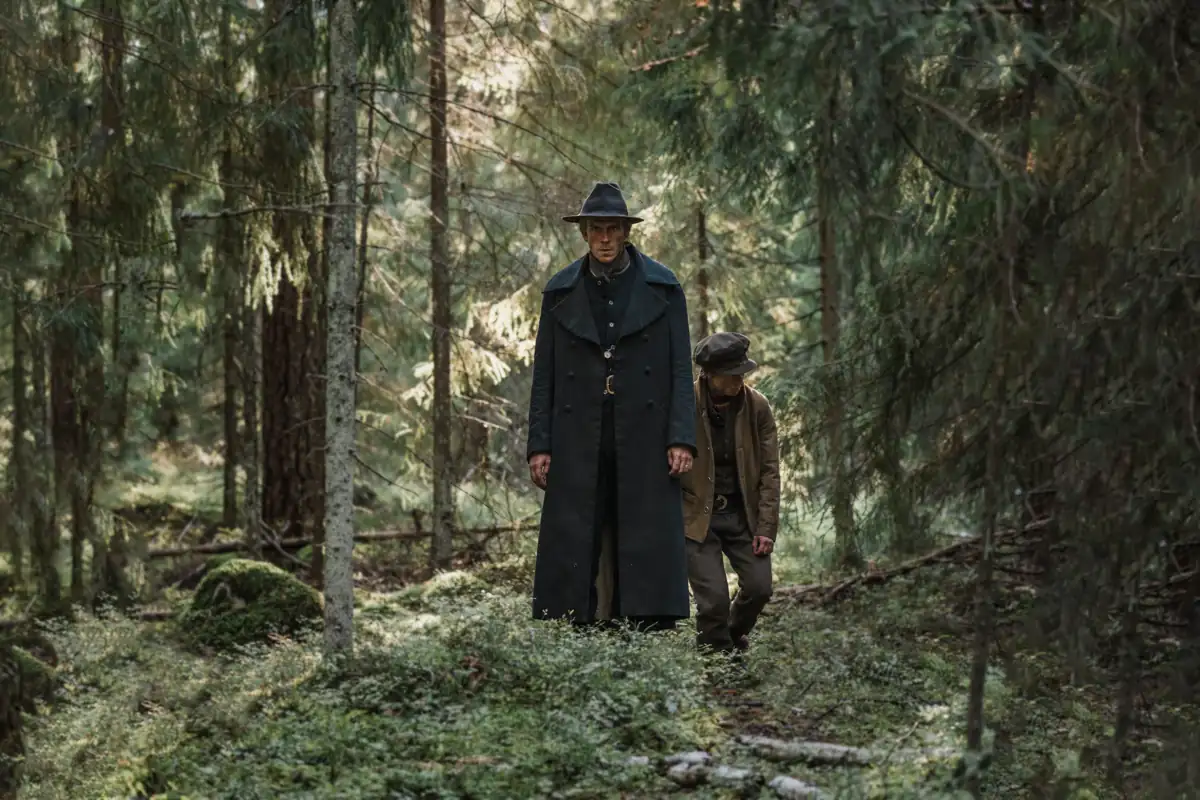(Turning Red arrives on Disney Plus on March 11th)
Puberty is the worst.
Your hormones are all over the place. Everything, including you, is suddenly very loud. Nothing makes sense, but you think you have all the answers. You’re ecstatic, angry, terrified, hungry, and tired at once. On top of that, you’re also supposed to become an adult at some point. I don’t miss it one bit.
Turning Red, the debut film from Domee Shi, is a delightful and heartfelt ode to all that. Told from the perspective of thirteen-year-old Mei, it’s also a window into a world we rarely see in big mainstream films. The result is one of the best Pixar films in years.
Mei is thirteen. She’s unabashedly geeky, whip-smart, and opinionated in a way only teenagers can be. Her closest friends, a motley crew of misfits, form the entirety of her life. They live in a lovingly recreated Toronto of the early 2000s. A time when Tamagotchi and boy bands dominated the landscape. Things are looking pretty good, too. 4*Town, the hottest boy band ever, is arriving to play a show in town. Their parents, naturally, don’t understand the appeal. (“But there’s five of them!”) If they can just get some money together, along with permission to go, it could be the best night of their life.
Except for one little hiccup. Mei turns into a giant red panda whenever her emotions get out of control. No biggie, right? Except in her family, where the panda must be trapped before too long. Otherwise, it will never leave.
The metaphor isn’t subtle, but it is graceful and poignant. Giving puberty a clumsy, Kaiju-esque face is a brilliant move. After all, who in their teens didn’t feel like a monster at some point? Here, Shi balloons that internal turmoil into gargantuan proportions, leading to moments of hilarious slapstick. Thanks to pitch-perfect animation and sharp writing, Turning Red is one of the funniest Pixar films ever made.
But gags alone wouldn’t make Shi’s debut stand out as it does now. Beneath the hyperactive exterior is a genuinely touching story that Pixar has arguably never made before. While the gags fly fast and the brisk runtime never outstays its welcome, Turning Red eloquently pushes the boundaries at every turn.
Sure, Pixar has a history of stories about relationships between parents and their children. But rarely, if ever, is it as poignant as here. Even Brave, the troubled 2012 production about mother and daughter dynamics, skirted around these topics. In the past, it’s always taken a backseat to something more cataclysmic.
By comparison, Turning Red is notable for how small its story is. Mei wants to go to a concert, act out, dream about boys, and make mistakes. It’s not a grand epic, but that’s what it feels like at that age. In recognizing that, Turning Red resonates with deep emotional truth. Like other great coming-of-age films, it feels lived-in and honest.
Then there’s the point of view. This is a decidedly feminine film. Men are tangential to the whole thing. In a refreshing change of pace, they’re defined by their relationships with the women. Such eloquent subversions comfort me.
More than that, Turning Red is unashamed of itself. There are no pleasing two sides here. There are no sides. Like Mei, it’s a film comfortably happy with itself and doesn’t care who knows it. Some will quake at its openness to discuss everything that teen hood brings. The horniness, periods, and anxiety. It’s an unsanitized celebration of that messiness, and it’s glorious.
Led by a revelatory Rosalie Chiang as Mei, the cast is brilliant down the line. Sandra Oh in particular gives a beautiful performance as the overbearing, but well-meaning, Ming. Their relationship forms the core of Turning Red, and Shi handles it expertly. They both see something of themselves in the other, and it’s terrifying. Ming fears her daughter will make the kinds of mistakes; Mei can’t wait to figure those out for herself.
Turning Red doesn’t paint itself in black and white. Neither mother nor daughter is wrong, but they can’t hear one another across the generational gulf. Both burns with a yearning for things they feel are out of their grasp. How Shi brings these aspirations together, in the end, is both incredibly rewarding and melancholy. It’s the rare kind of film that feels neither preachy nor regressive.
Instead, it offers a chance for the viewers to mirror themselves in the feel-good story. Like Stand By Me, it recreates a memory of youth and populates it with the audience. There’s great comfort in its empathetic embrace. It offers a much-needed perspective each generation needs to remind ourselves how we once were.
I wish Turning Red had premiered in cinemas. It certainly deserves a bigger platform on a big screen. But with the world as it is, Disney Plus will have to do. This is a rare cross-generational gem that everyone can love.
Younger viewers will love the hijinks and colorful animation. Teens will identify themselves in its diverse and instantly lovable cast. Adults will marvel at the eloquence of its script.
In short, Turning Red is an instant classic.












